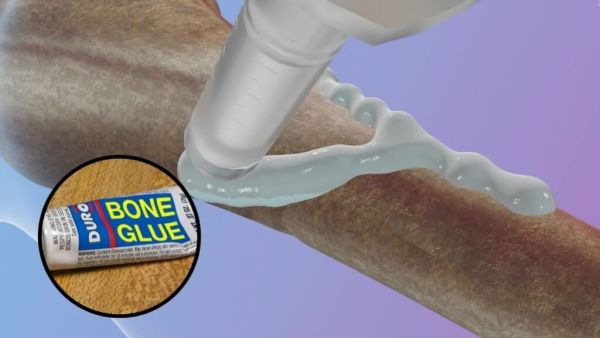
Water is one of the body’s most vital nutrients; without it, survival is limited to only a few days. Unlike food, which the body can store as energy reserves, water must be replenished daily to maintain health. Around 50-75% of the human body is made up of water, forming the basis of blood, digestive juices, urine, and sweat. It also supports essential functions such as nutrient transport, waste removal, and temperature regulation. Proper hydration ensures healthy cells, lubricated joints, and efficient digestion. Drinking enough water each day is therefore crucial for overall well-being and long-term health.
Water intake recommendations by age: How much you should drink every day
Fluid requirements vary based on age, gender, activity level, pregnancy, lactation, and environmental conditions.
The Department of Health, State Government of Victoria, guidelines provide the following recommendations for daily fluid intake:
Individual needs may vary; those consuming high-fibre or high-protein diets, exposed to hot climates, physically active, or experiencing illness may require additional fluids.
The importance of water in the human body
The human body is made up of approximately 50-75% water; it forms the basis of blood, digestive juices, urine, and perspiration, and is stored in lean muscle, fat, and bones. Water is necessary for nearly every bodily function; it helps maintain cell integrity, regulate temperature, aid digestion, and transport nutrients and oxygen to cells.
Since the body loses water continuously through the lungs, skin, urine, and faeces, daily replenishment is crucial; the amount required depends on body size, metabolism, climate, diet, and activity levels.
- Cellular health: Maintains the health and integrity of every cell in the body.
- Blood circulation: Keeps the bloodstream liquid enough to flow through blood vessels efficiently.
- Waste removal: Eliminates by-products of metabolism, excess electrolytes like sodium and potassium, and urea formed from dietary protein processing.
- Temperature regulation: Sweating and evaporation help maintain body temperature.
- Joint and tissue support: Lubricates and cushions joints; acts as a shock absorber for the eyes, spinal cord, and amniotic sac in pregnancy.
- Digestive health: Aids digestion and prevents constipation.
- Skin and Mucous Membrane Health: Moisturises the skin and keeps the mucous membranes of the mouth and lungs hydrated.
- Disease prevention: Reduces the risk of urinary tract infections by flushing bacteria from the bladder.
Water in our food and fluids
Most foods contain water; even dry-looking foods contribute to hydration. Approximately 20% of daily water needs come from solid foods; digesting these foods produces about 10% more water as a by-product. The remaining 70% or so should come from fluids; plain water remains the best source.
Other fluids, including milk, tea, coffee, soups, and natural juices, can contribute to hydration. Milk, for example, is about 90% water and provides nutrients such as calcium, which is particularly important for children.
Tips for increasing water intake
- Add natural flavours such as lemon, lime, strawberries, or mint leaves.
- Keep a water bottle handy at your desk or in your bag.
- Drink water with every meal and snack.
- Use ice cubes made from fresh fruit for added variety.
- Choose tap water over bottled mineral water to reduce sodium intake; consider a home soda water maker for fizzy water.
- Limit sugary and artificially sweetened drinks; they provide extra kilojoules without essential nutrients and contribute to tooth decay and weight gain.
Water intoxication and fluid retention
While rare, excessive water intake can lead to hyponatraemia, a dangerous drop in blood sodium levels; symptoms include headaches, blurred vision, cramps, brain swelling, coma, and potentially death. This usually occurs in specific populations, such as endurance athletes or infants with improperly diluted formula.
Contrary to popular belief, drinking adequate water prevents fluid retention; it helps the body eliminate excess sodium, reducing swelling and oedema.
Disclaimer: This article is for informational purposes only and does not constitute medical advice. Always consult a qualified healthcare professional before making any changes to your health routine or treatment.
-
Navratri 2025: Essential fasting rules to honour Maa Durga

-
Navratri 2025: Essential fasting rules to honour Maa Durga

-
Now bone fracture will be cured in minutes, Chinese scientists prepared the world’s first ‘bone glue’

-
Eat daily for healthy digestion

-
The toilet does not happen in the engine of the train, the loco pillets do this work!
